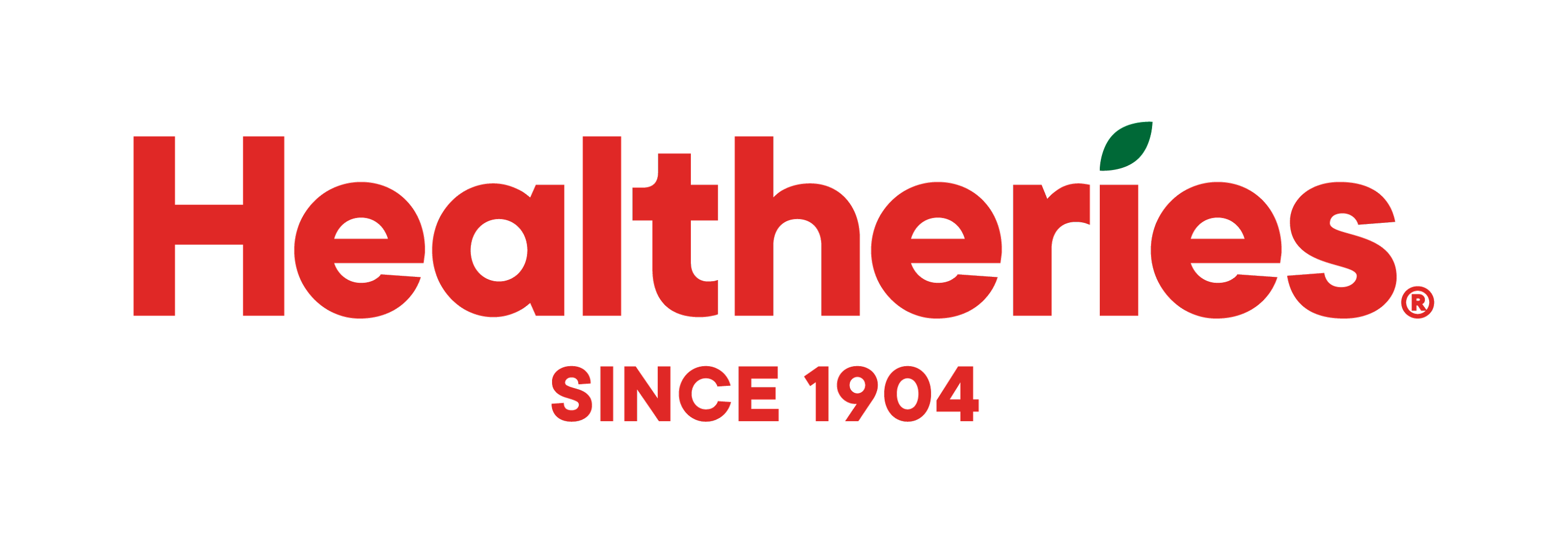What does Selenium do?
Selenium is a trace mineral that your body needs in very small amounts (it can actually be toxic if you take too much). But don’t let that small amount confuse you about its importance – if you don’t get enough Selenium through your diet, it can have all kinds of effects on your health and wellbeing.
Some of Selenium’s many roles include:
- Helping your body to form hormone-like compounds called prostaglandins. Prostaglandins have a range of functions, including helping to regulate your blood pressure and the rate at which your blood clots. That’s part of why Selenium is so important for your heart and artery health• Working together with Vitamin E to help your body produce antibodies – the natural chemicals your body creates to fight off invading bacteria and viruses
- Assisting your body to “bind” toxins and heavy metals
- Helping to metabolise certain amino acids (the building blocks of proteins)
- Supporting your natural cell growth and fertility
But Selenium’s best-known role is as an antioxidant – helping to protect your body against free radical damage.
Antioxidants: nature’s free radical fighters
Free radicals are unstable molecules that your body produces when you:
- Are stressed
- Smoke or drink alcohol
- Spend time outside in sunlight
- Exercise
- Come into contact with environmental toxins or pollutants
- Eat a diet that’s high in saturated- or trans-fats, preservatives or other processed food
These molecules react with the proteins in your cells, which can cause a kind of damage called “oxidative stress”. Some of the outward signs of this damage include skin wrinkling; hardened arteries; sore, stiff joints; and frequent ongoing illnesses.
Antioxidants are special compounds that can “scavenge” free radicals – finding them and neutralising them into a form your body can excrete. Selenium is a potent antioxidant mineral on its own, and also plays a key role in forming the natural antioxidant enzyme, glutathione peroxidase. Glutathione peroxidase works to protect all kinds of cells throughout your body from free radical damage. And it’s Selenium’s role in creating glutathione peroxidase that makes this mineral “The King of Antioxidants”.
Sources of Selenium
Here in New Zealand, it can be hard for us to get all the Selenium we need, because our soils contain very low Selenium levels. This means that any plants that grow in it are unlikely to be good dietary sources of this mineral. However, seafood (especially oysters), and some imported foods such as nuts (and especially Brazil nuts) can be rich in Selenium. Many high-quality multivitamin supplements will now include this mineral as well; and you can often find antioxidant supplements that contain Selenium together with Vitamins A and E.
